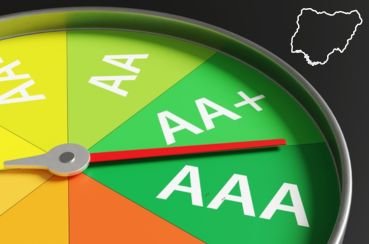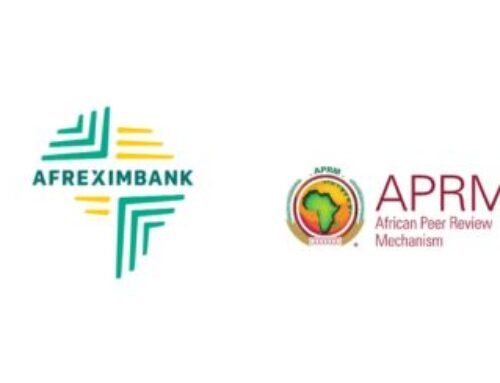
Callable Capital is a special type of guarantee committed by government shareholders as a last resort for repaying debt obligations to bond holders in the event of an extreme shock to Multilateral Development Banks’ (MDB) finances. It was created at Bretton Woods in 1944 as a tangible representation of the commitment of member governments to support the World Bank and thereby help build trust in the Bank’s creditworthiness among bond market actors.
Exploring the evolving landscape of Multilateral Development Banks’ Callable Capital is crucial for enhancing lending capacities. During the recent World Bank Group and IMF annual meetings, discussions revolved around leveraging callable capital to bolster development lending.
The G20 Finance Ministers and Central Bank Governors meeting, held under the Indian Presidency, shed light on the significance of Callable Capital in enhancing global economic resilience. With over 80% of world GDP under the G20 umbrella, understanding Callable Capital’s potential impact is paramount.
At a recent seminar co-hosted by the finance ministry’s Department of Economic Affairs and the Reserve Bank of India, the Managing Director emphasised the need for Rating Agencies to acknowledge the importance of callable capital in rating MDBs. This strategic move aims to amplify lending capacities and promote sustainable development initiatives.
While Callable Capital remains largely untested, research initiatives are underway to streamline procedures and enhance clarity. As international Credit Rating Agencies evaluate the role of Callable Capital, collaboration with key stakeholders is imperative to navigate complexities and foster transparency.








Leave A Comment